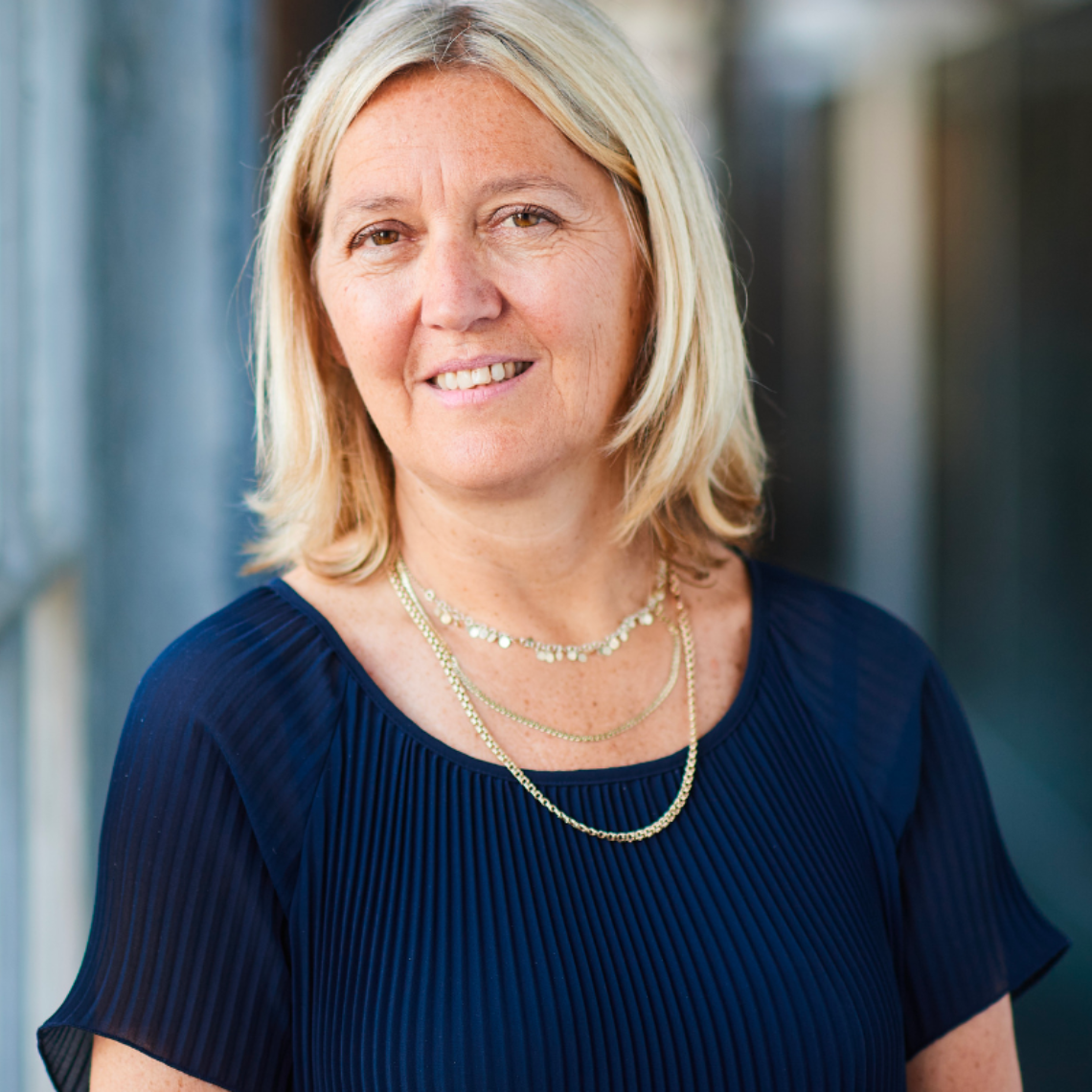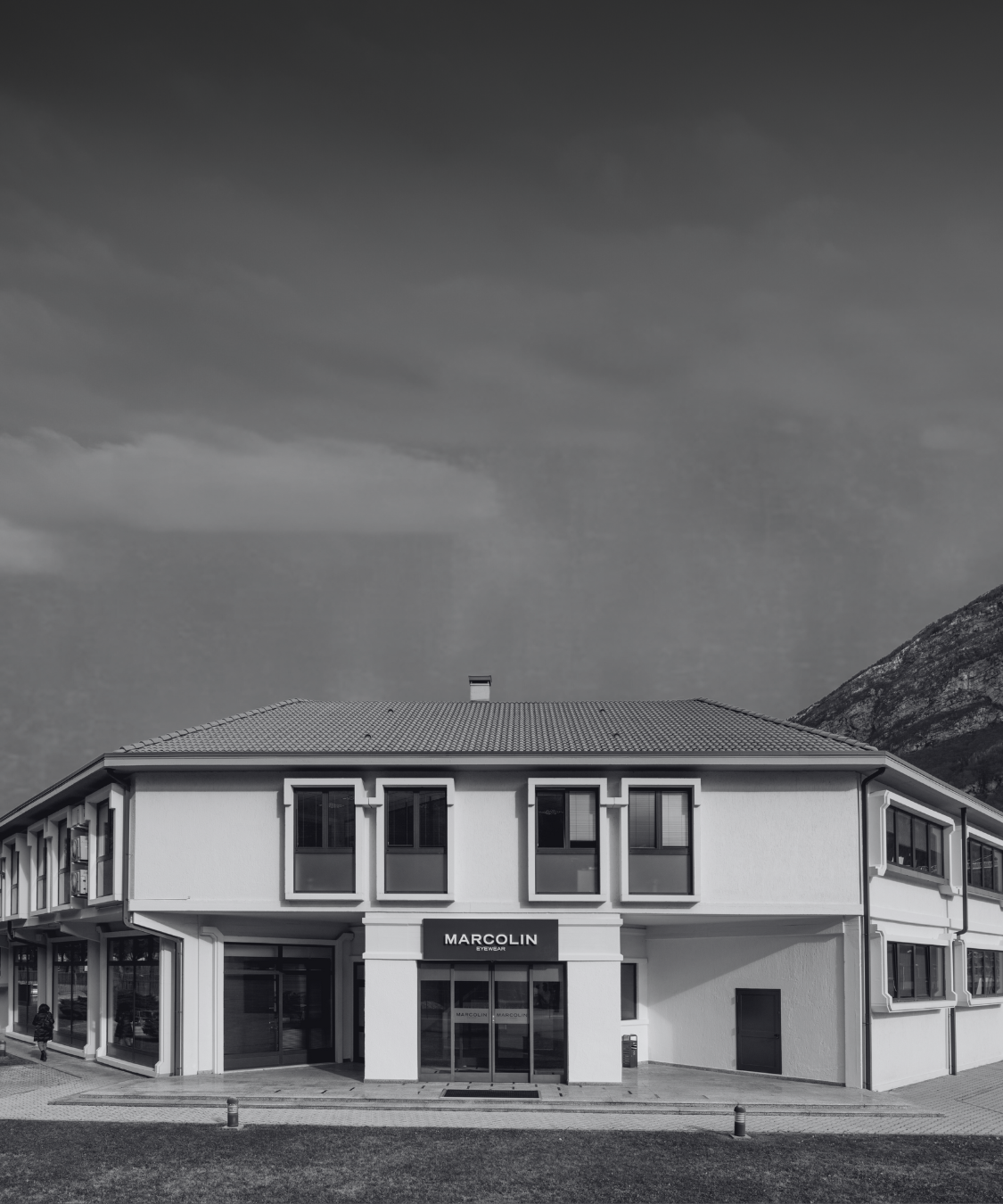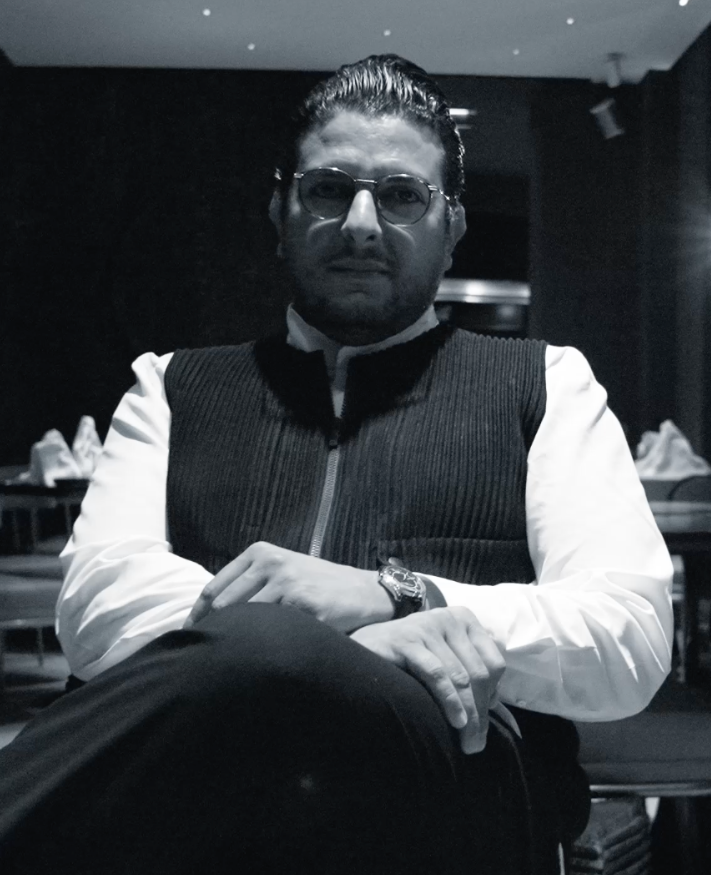In conversation with ISABELLE MOES

3 questions to
Back to storieswith
Isabelle Moes
Isabelle Moes, head of Middle EMEA at Marcolin, talks about herself and tells us about the challenges of this new year.
Isabelle, you were covering a management role for Marcolin Benelux subsidiary when the top management of companies was all male: can you tell us how it went?
So, I’ve never felt any discrimination for being a young woman, since I had just become a young mother, and I worked in a company that was mostly men. Everything was very normal. I didn’t feel any difference between me and my male colleagues. I think that Marcolin has always been a big family, and I felt right at home in the team.

Now that you also find yourself managing a very important and strategic market segment such as that of the central EMEA area (France and Benelux), can you tell us what the next challenges are for eyewear in these markets?
It’s rather unsettling to know what challenges the experts predicted we would face over the next few years, which is that there will increasingly be a certain structure in the market. The market will become more structured. Lots of independent companies are being bought or are merging, which means that as suppliers of frames for independent opticians, we will also need to become more and more professional. We will need to negotiate with them differently than before. Previously, I found the market very easy because our clients were opticians who only had two or three stores. Now, we are looking at a different scale, with opticians who have 100, 150 stores. So, it’s a different structure, a different approach.
“I think that is what is most important for the future: continuing to truly listen to our clients”

After many years in this Company, what are your thoughts on Marcolin’s strengths? And what are the new objectives instead, in a world that evolves so rapidly?
The company’s strength is our close relationship with our clients. This closeness means that people really appreciate the fact that we are by their side, we work closely with them, and they really think of us as a company that is international in scale, but still a small enterprise because we work closely with them. That is important to them because they feel like we really listen. I think that is what is most important for the future: continuing to truly listen to our clients. By being at their side, responding to their needs and doing so quickly, working with them rather than imposing things on them. And that is how we will succeed.



